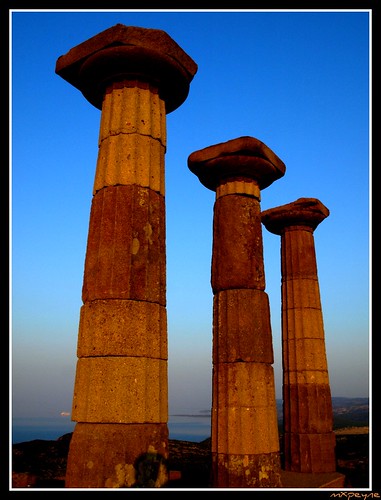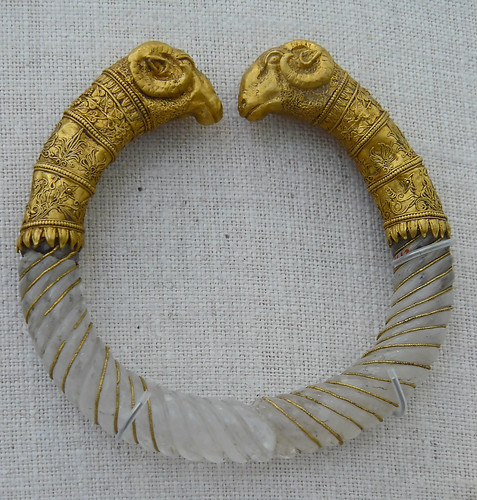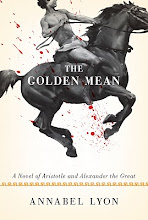Great news!
Mary Renault's fabulous 1970 novel
Fire From Heaven , about Alexander the Great's early years, has been longlisted for the so-called "Lost Booker". According to the Man Booker Prize website:
"In 1971, just two years after it began, the Booker Prize ceased to be awarded retrospectively and became, as it is today, a prize for the best novel in the year of publication. At the same time, the date on which the award was given moved from April to November. As a result of these changes, there was whole year's gap when a wealth of fiction, published in 1970, fell through the net. These books were simply never considered for the prize.
Now, 40 years on, a panel of three judges - all of whom were born in or around 1970 - has been appointed to select a shortlist of six novels from those books. They are journalist and critic, Rachel Cooke, ITN newsreader, Katie Derham and poet and novelist, Tobias Hill."
For more information, please click
here.
 I'm so pleased to be reading from The Golden Mean at the New Westminster Public Library on Tuesday, March 2 from 7:00-9:00PM. Please pre-register by phoning 604-527-4667. There will be books for sale on-site courtesy of Black Bond Books. For more information, please click here.
I'm so pleased to be reading from The Golden Mean at the New Westminster Public Library on Tuesday, March 2 from 7:00-9:00PM. Please pre-register by phoning 604-527-4667. There will be books for sale on-site courtesy of Black Bond Books. For more information, please click here.




